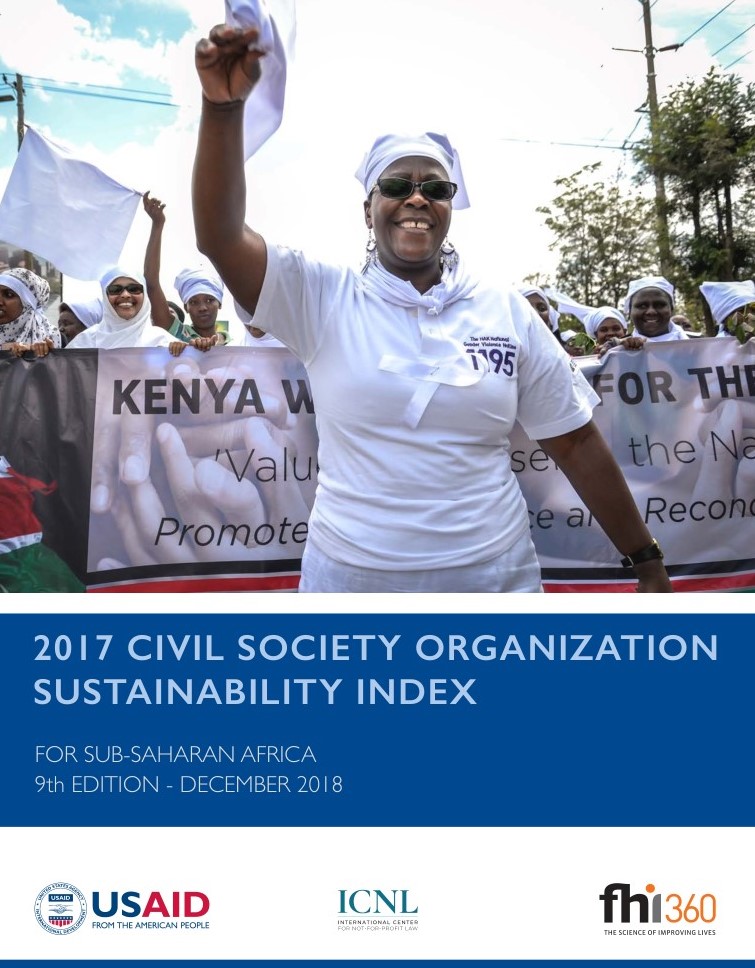
2017 CSO SUSTAINABILITY INDEX – GHANA
In 2017 Ghana once again demonstrated its commitment to the consolidation of democratic governance.
Following successful presidential and parliamentary elections in late 2016, the year began with the transfer of
power from the National Democratic Congress (NDC) to the New Patriotic Party (NPP). This was the third
time that the country had witnessed a smooth transfer of power since returning to democratic rule in 1992. The
new government initiated far-reaching policy reforms to promote decentralization, including a decision to allow
metropolitan municipal and district chief executives to be elected rather than appointed by the president. The
government also brought up the long-languishing Right to Information Bill for consideration by parliament.
Another positive development was the introduction of free secondary school for all students, which the new
president had promised during his campaign.
Reversing the economic turmoil of 2016, the year 2017 recorded marked improvement in Ghana’s
macroeconomic stability. Overall public debt decreased, and several marginal increases in fuel prices did
not cause huge inflationary pressures, as in previous years. The new government agreed with the Extended
Credit Facility of the International Monetary Fund to prolong its arrangement until 2019, which should further
strengthen the Ghanaian economy. By the end of the year, the Ghana Statistical Services estimated GDP growth
at 8.5 percent, compared to 3.7 percent in 2016. The labor unrest of the previous year died down, although
trainee nurses protested to demand that the new government fulfill its election promise to give them jobs and
restore their training allowances.


